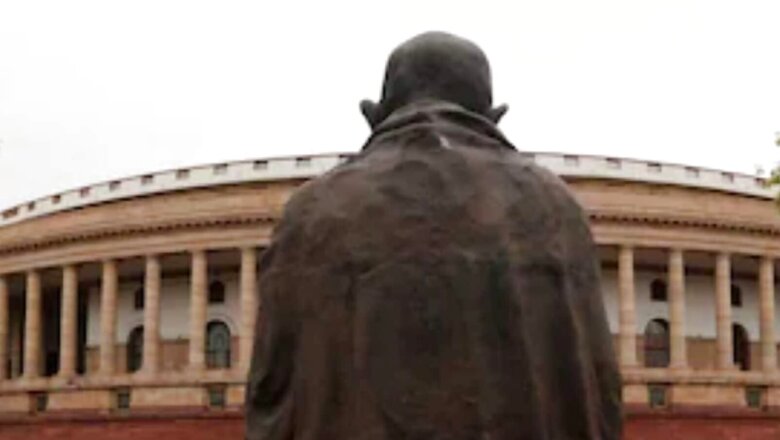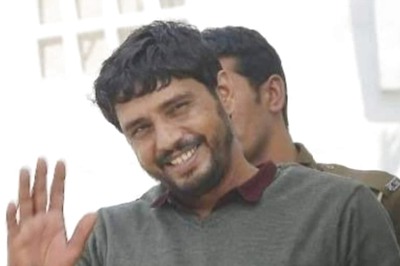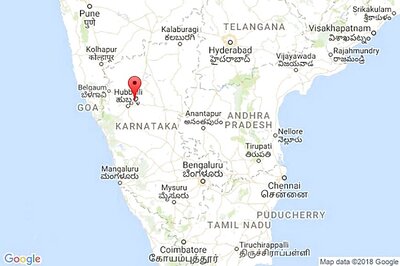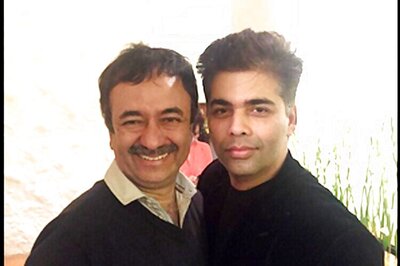
views
Ambedkar would have nodded his head in disbelief had he been present in 21st century India. It’s a mockery of the current reservation policy where a large chunk of subcategories within the socially and educationally backward castes is left out and pushed to the fringe by the dominant 10 castes of a total of 2,633 sub-castes within the larger OBC community.
What comes next is the nexus of politics and caste in a largely polarised country where mobilisation continues on the lines of family name. The Justice Rohini Commission was established with the purpose to complete the task of sub-categorising 5,000 castes in the central OBC list in order to ensure a more equitable distribution of opportunities in central government jobs and educational institutions in the country.
According to a report by the National Commission of Backward Classes (NCBC) in 2017, the OBCs should be divided in three categories—extremely backward classes, more backward classes and backward classes. Since both NCBC and other national commissions and committees are merely recommendation bodies, the government seems to have completely ignored the recommendations without any policy analysis of its own. Even though the commission seems to have done a good job with respect to gathering data for the census of 2021, the aspect of sub-categorisation of castes for a more equitable distribution of policies seems to have been pushed under the rug for political mileage in the upcoming elections.
The formation of the Justice Rohini Commission for the evaluation of existing reservation policy was a ray of hope for those wishing for a more egalitarian reservation system. The principle of affirmative action has largely been misused by communities who have either accumulated wealth over previous decades or have recently gathered both wealth and social prestige because of the existing reservation system, and then there are those who are rather envious of the increase in status of earlier-considered socially boycotted communities.
The purpose of reservation was not to create a hierarchy within the OBCs but the existing reservation policy seems to have done the same since the nature of politics in modern India has continued to revolve around caste politics. An increase in demand for reservation by the affluent Marathas or the Patels in Gujarat can be seen as the pretext for passing of the Constitution (127th Amendment) Bill in the Lok Sabha, waiting to be put to test in the Rajya Sabha. With flashy cars and kilos of gold in the treasury, the economically well-off continue to sabotage the existing reservation system for personal gains at the cost of over 900 sub-castes within the OBCs, who continue to suffer behind closed doors without proper representation in either government jobs or educational institutions.
The findings of the Commission are rather shocking. Merely 10 castes out of the 2,633 sub-castes have availed one-fourth of the total available seats in government jobs and educational institutions. In contrast, at least 983 communities have no representation. These numbers raise serious questions on equitable representation enshrined in the Constitution.
According to the Rohini Commission report, the 27 per reservation quota for the OBCs should be divided into four categories, and split into 2, 6, 9 and 10 per cent, respectively. This will not only increase the share of the most marginalised among the socially backward communities but also create a sense of increased social mobility, as seen among other landed communities in India, including the Jats, Yadavs and the Vokkaligas and Ezhavas from Karnataka and Kerala over the last three decades.
There are a couple of things that remain to be seen in the years to come if the current bill passes through the Rajya Sabha. First, will the existing divide between the have and have-nots increase in the times to come? Second, if principles of Ambedkar dealing with social and educational upward mobility will remain mere propaganda for parties on either side of the ideological spectrum. And third, if the future of all those in question who have struggled for centuries under the shadows of the dominant castes and sub-castes, both in urban and rural India, will continue to be overshadowed.
What could’ve been a watershed moment in reinventing India’s social fabric now seems to be pushed under the carpet under the pretence of democratic decentralisation. The rights of those who genuinely require affirmative action from the government seem to have again been shunned in the face of electoral politics where numbers win and rights in manifestos merely remain tools to win the next elections.
Had there been a more thorough policy analysis by those on either side of the political spectrum, maybe there would’ve been a more egalitarian shift in the existing reservation system. The future of the 983 groups with zero representation in government jobs and admissions continues to be in the dark. What more? The divide that present day Ambedkarites are worried about will continue to deepen, where the rich and affluent eat the cake while the underprivileged struggle for equal opportunities.
The author is currently pursuing MSc Public Policy and Management at King’s College, London. The views expressed in this article are those of the author and do not represent the stand of this publication.
Read all the Latest News, Breaking News and Coronavirus News here.


















Comments
0 comment